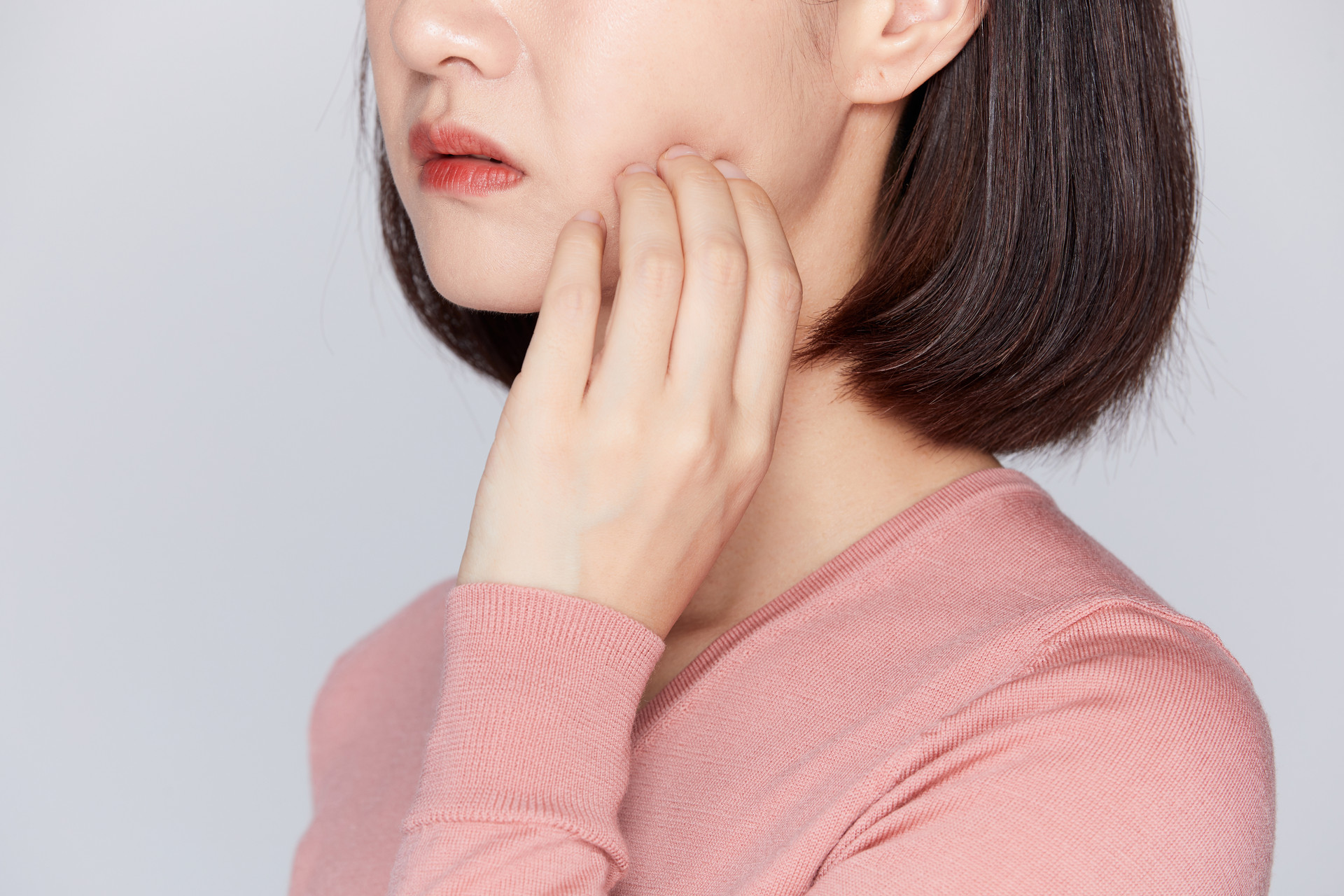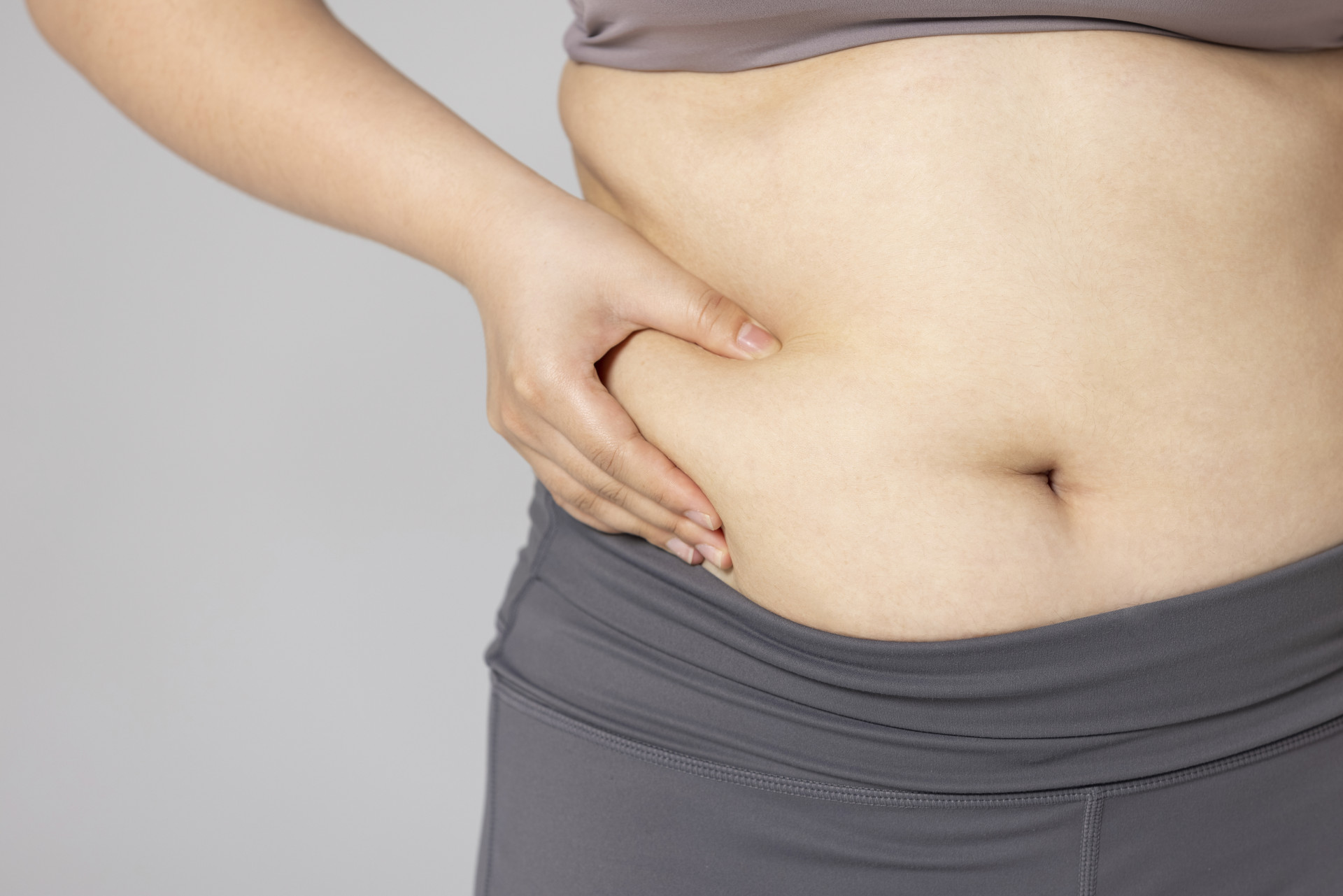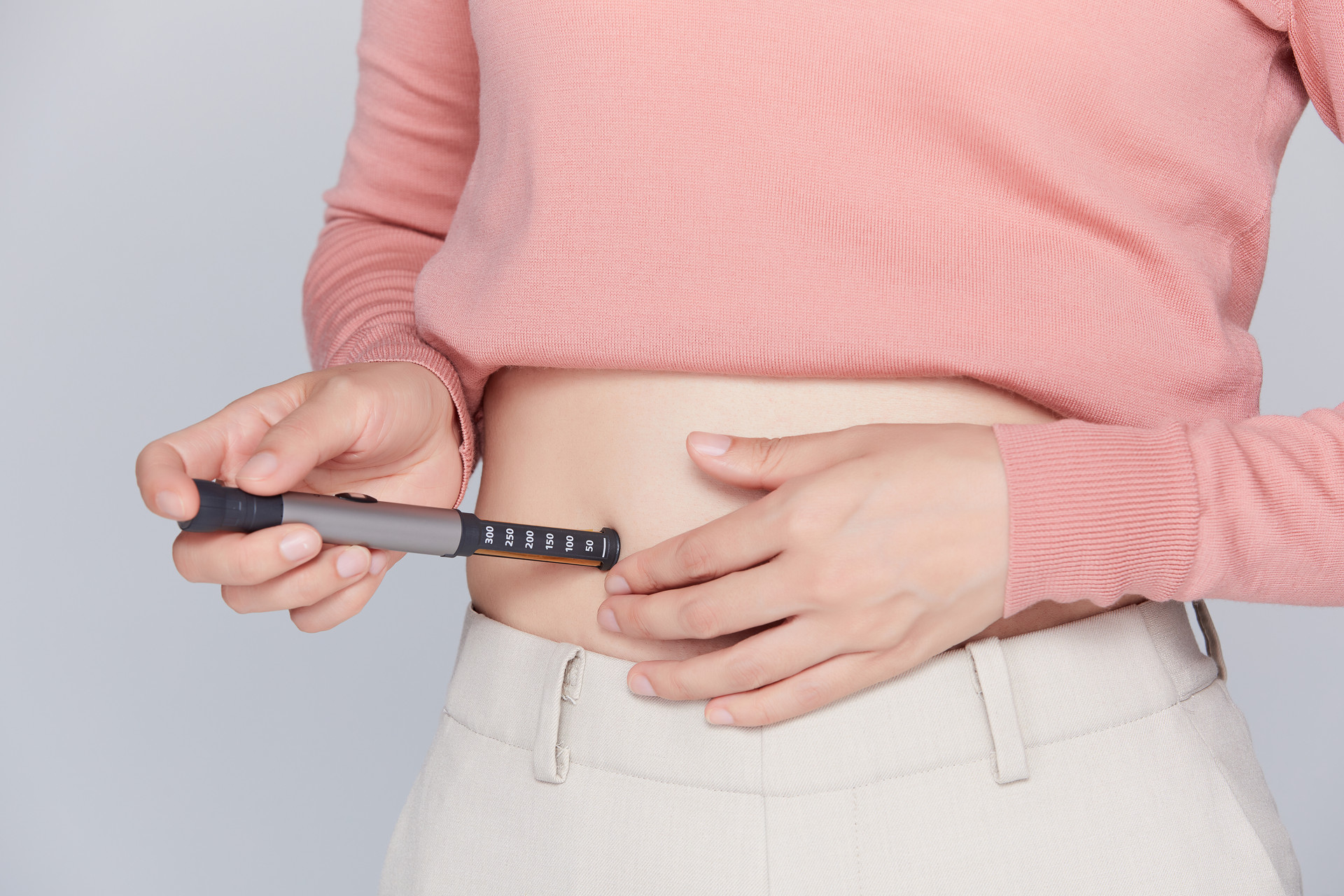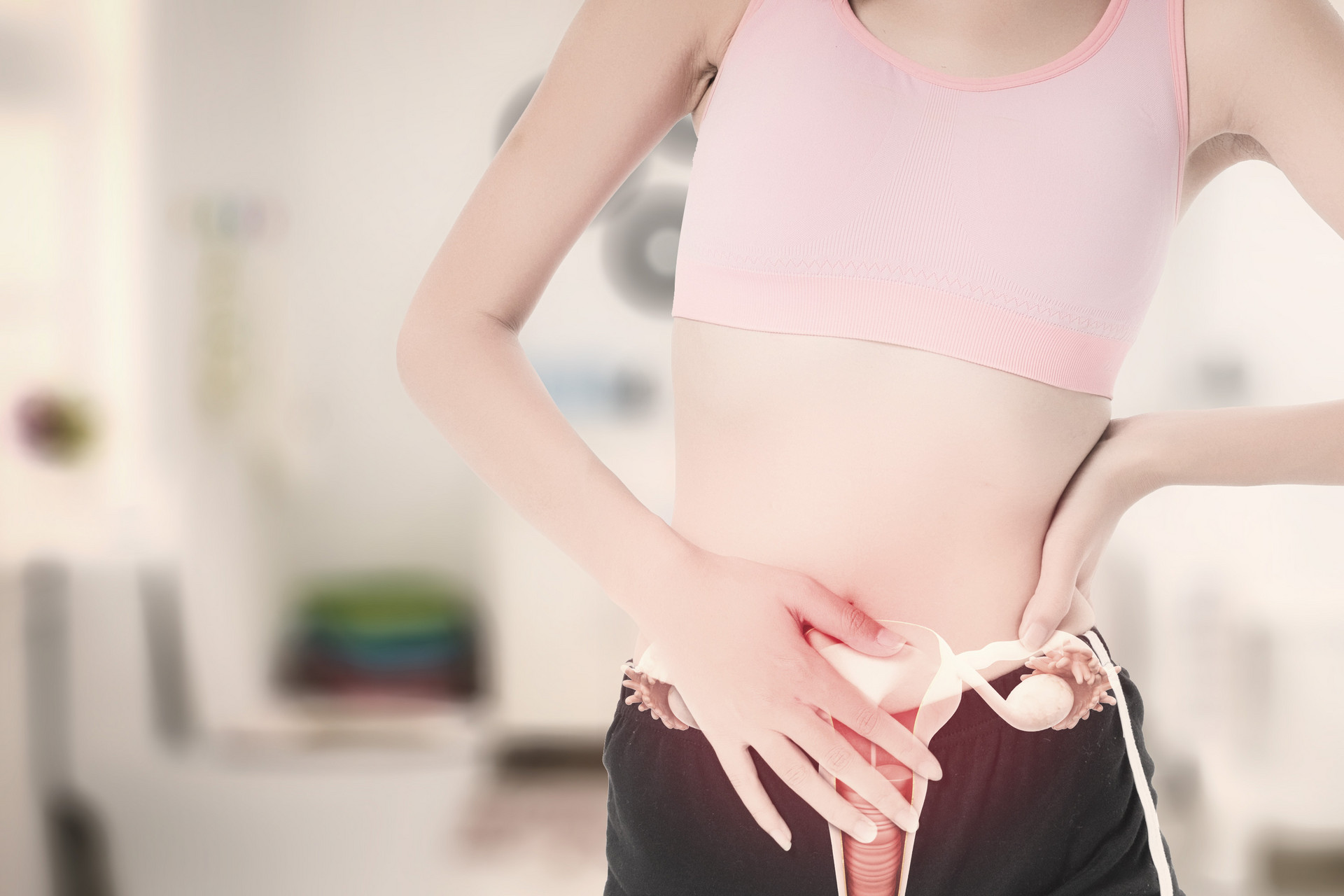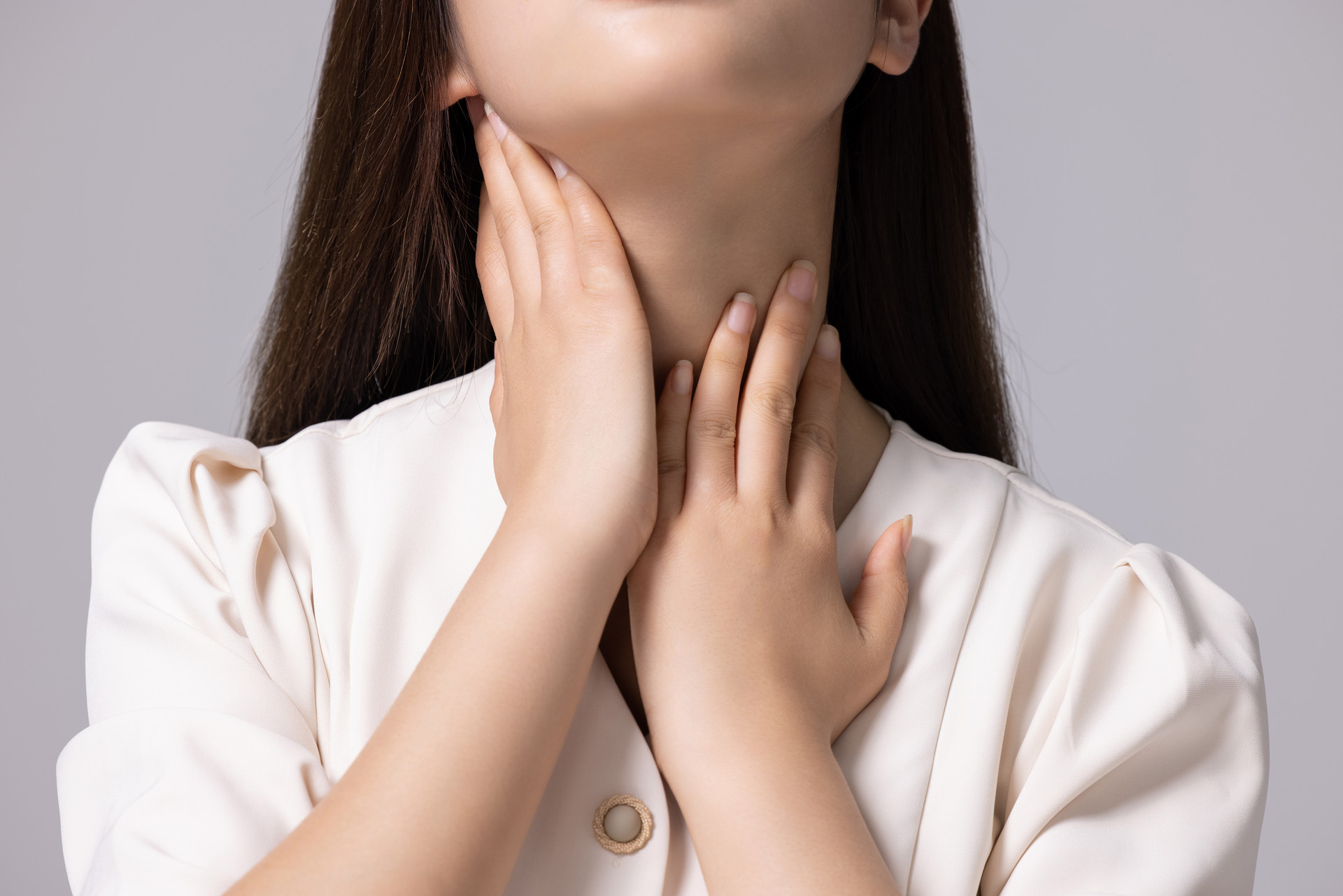The phenomenon of pregnant women gathering is quite obvious. Friends who are about to become mothers can use traditional Chinese medicine during pregnancy and childbirth to prevent miscarriage and promote postpartum recovery.
Traditional Chinese Medicine for Preventing Miscarriage
There are seven types of miscarriages, including habitual abortion, threatened abortion, inevitable abortion, complete abortion, incomplete abortion, retained abortion, and infection-induced abortion. The prevention of miscarriage is mainly suitable for threatened abortion and habitual abortion, as other types of miscarriages cannot be prevented. For the first two types of miscarriages, TCM should be used based on syndrome differentiation.
For example, in the early stages of pregnancy, if there is slight vaginal bleeding accompanied by back pain, lower abdominal pain, leg weakness, frequent urination, nocturia or even incontinence, it is mostly due to kidney deficiency. In this case, Shou Tai Wan can be taken to nourish the kidneys and prevent miscarriage. If there is vaginal bleeding accompanied by waist and abdominal distention or pain, listlessness, pale and swollen complexion, palpitations, shortness of breath, or hot flashes, dry mouth and throat, and yellow coating on the tongue, it is mostly due to qi and blood deficiency. A decoction consisting of 9 grams of ginseng, 10 grams of astragalus, 6 grams each of Eucommia bark, white peony root, and cooked rehmannia, 5 grams of white atractylodes, 3 grams each of tangerine peel and licorice can be taken daily in two doses to tonify qi and nourish blood, and stabilize the kidneys to prevent miscarriage. If there is vaginal bleeding, fetal movement descending, waist and abdominal pain, restlessness, hot palms and soles, dry mouth, short and red urination, dry stools, and a yellow coating on the tongue, it is mostly due to blood heat. A decoction consisting of 10 grams of raw Rehmannia, 15 grams of cooked Rehmannia, 6 grams of Scutellaria baicalensis, 5 grams of Coptis chinensis, 12 grams of white peony root, 9 grams of Achyranthes bidentata, 9 grams of Chinese yam, and 6 grams of licorice can be taken daily in two doses to nourish yin, clear heat, nourish blood, and prevent miscarriage. If it is caused by external trauma, a decoction consisting of 20 grams each of cooked Rehmannia, white peony root, ligusticum chuanxiong, and codonopsis pilosula, and 15 grams each of astragalus and angelica sinensis can be taken daily in two doses to tonify qi and blood and stabilize the fetus.
While using medication to prevent miscarriage, pregnant women should rest in bed, reduce gynecological examinations, and avoid sexual intercourse to improve the effectiveness of TCM treatment for miscarriage.
Postpartum Recovery with Traditional Chinese Medicine
After the successful birth of a baby, postpartum recovery becomes a priority for mothers. New mothers can use traditional Chinese medicine to alleviate postpartum discomfort.
During delivery, excessive air can enter the stomach and intestines due to uterine contractions, leading to bloating. After the operation, abdominal incision pain can affect early activity, resulting in bloating and slow intestinal peristalsis. In addition, postpartum sweating and a certain amount of bleeding can result in insufficient yin and blood. In this case, new mothers can use traditional Chinese medicine for regulation. A decoction consisting of 15 grams each of Radix Pseudostellariae, Pollen Typhae, Ophiopogon japonicus, and Polygonatum sibiricum, 10 grams each of Rhizoma Cyperi, Magnolia officinalis, and Ligusticum wallichii, and 6 grams of dried rhubarb can be taken daily in two doses. The first dose should be taken 6 hours after surgery, and if there is no flatulence in the anus after 24 hours, another dose can be taken. This treatment is quite effective.
Radix Pseudostellariae, Pollen Typhae, Ophiopogon japonicus, and Polygonatum sibiricum can nourish yin, generate fluids, and replenish blood. Magnolia officinalis, Ligusticum wallichii, Rhizoma Cyperi, and dried rhubarb have the effect of regulating qi, promoting bowel movements, and reducing bloating. Ophiopogon japonicus can activate blood circulation and relieve pain. The combination of these herbs has a good effect on postpartum recovery.
Postpartum diseases are characterized by "blood and fluid deficiency, blood stasis, and multiple deficiencies and stasis." The widely used "Shenghua Decoction" and "Xiaoru Yongquan Powder" in traditional Chinese medicine are also quite effective in treating postpartum diseases. Shenghua Decoction can promote blood circulation, dispel stasis, promote uterine recovery, eliminate blood stasis in the body, and nourish and replenish blood, thus promoting the early recovery of the body. Xiaoru Yongquan Powder has a significant effect on promoting postpartum lactation.
For mothers who have undergone cesarean section, TCM can be used to promote intestinal peristalsis, nourish qi and blood, and help them get out of bed and move around as early as possible. External application of TCM can also be used to clear heat, detoxify, reduce swelling, and promote wound healing, which can play a good role in the healing and appearance of the abdominal incision. In addition, combining other TCM treatments such as acupuncture, massage, and foot bathing can facilitate meridian circulation, regulate qi and blood, adjust organs, activate blood circulation, and dispel stasis, helping postpartum women eliminate fatigue, restore physical strength, and promote physical fitness and body shape recovery.
Proper and Scientific Postpartum Confinement
After giving birth, the mother's body is relatively weak, so it is important to nourish the body during the confinement period. According to traditional Chinese medicine, mothers should have a proper diet during the confinement period based on changes in the environment and their own physical characteristics. Confinement can be divided into three stages: "clearing, adjusting, and replenishing." Specifically, the first month after childbirth is divided into weeks, and different foods should be consumed according to the needs of each week.
In the first week, the focus is on eliminating excess water, toxins, and lochia from the body. Herbal soups such as Shenghua Decoction and stir-fried pork liver with sesame oil can be consumed. Shenghua Decoction is a good traditional Chinese medicine formula that helps the uterus expel lochia and restore its normal position and shape. In the second week, the focus is on enhancing physical fitness, restoring organ functions, and repositioning the pelvis. Stir-fried pig kidney and Eucommia ulmoides powder can be consumed to help relieve tailbone pain and other bone pain. It is not advisable to overeat during the postpartum period because the mother's body is weak immediately after childbirth and excessive food intake will not be absorbed, only burdening the body. By the third week, the lochia has been discharged, and it is time to start replenishing the body.
It is recommended that new mothers in confinement should eat vegetables appropriately. Spinach, which is abundant in winter, is a good choice as it contains rich folic acid and zinc. If new mothers can eat a large plate of vegetable salad every day during the confinement period, it not only helps stimulate appetite but also provides most of the vitamins, minerals, and other nutrients needed by lactating mothers, which helps them gently replenish their bodies and recover quickly.
After childbirth, new mothers experience a significant loss of calcium. It is important to supplement calcium to prevent osteoporosis. New mothers should not overlook this matter. In cold winter weather, new mothers cannot open the window to sunbathe, which is unfavorable for calcium synthesis and utilization. If the mother is severely calcium deficient, it can lead to decreased bone density and symptoms such as lower limb edema, lumbar pain, and loose teeth. In severe cases, it can cause short stature, pelvic deformation, and significantly affect body shape. However, taking large amounts of calcium supplements is not recommended. Experts suggest that calcium supplementation for pregnant women should be appropriate and pay attention to the balance of trace elements, otherwise it can easily lead to neglecting other important nutrients.


